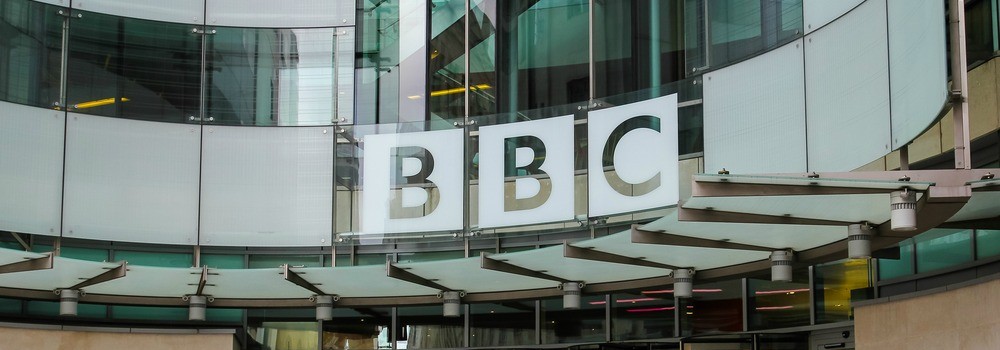Acting General Secretary Ellie Peers said: “WGGB has been working with broadcasters on improving equality and diversity, so we welcome the commitment in the BBC white paper to make diversity a key element of the charter.
“However, there is still the elephant in the room, which is that by 2020 the BBC will lose approximately 20% in funding when the Government stops paying for free television licences for the over 75s and this burden falls on the BBC. Even though the Licence Fee will now be linked to inflation, and there will be the option for voluntary contributions from the over 75s, it is difficult to see how the BBC will be able to fill the hole left by this funding cut, and at the same time continue to offer the same level of quality services across television, radio and online.
“Our negotiators are already taking steps to mitigate the effect of the removal of the 50% guaranteed in-house production quota for the BBC, which was confirmed in the white paper. We will continue to work closely with the BBC and industry bodies including Pact and Radio Independents Group to ensure that writers’ terms and conditions are protected in the changes.”
About the white paper
The Government outlined its plans for the renewal of the BBC Royal charter in its white paper, presented in Parliament by Culture Secretary John Whittingdale today (12 May 2016). Key points include:
- The Licence Fee will continue for at least 11 years (until the next charter renewal) and viewers will be required to pay it to use BBC iPlayer.
- The BBC Trust will be abolished. Ofcom will become the corporation’s external regulator and a new unitary board will be set up to govern the corporation. The BBC will appoint at least 50% of the board, although six will be appointed by Government.
- Editorial decisions will be the responsibility of the Director General.
- All employees and freelancers who earn more than £450,000 will have their salaries published.
- The National Audit Office will become the BBC’s auditor.
- The BBC will be required to serve under-represented audiences better, for example BAME viewers, and the nations and regions.
There has been mounting speculation in the lead up to the white paper that measures would be introduced to force the BBC to move the slots of popular shows such as Strictly Come Dancing to allow commercial broadcasters to challenge the corporation over peak-time scheduling. Although this, and other speculated proposals such as top-slicing of the Licence Fee, were not included in the white paper, governance was still a sticking point.
Shadow Culture Secretary Maria Eagle, speaking in Parliament, said that she was concerned that the Government was still seeking to undermine the independence of the BBC.
Her views were echoed by Tony Hall, Director General of the BBC, who said in an official statement:
“We have an honest disagreement with the Government on this. I do not believe that the appointments proposals for the new unitary board are yet right.
“We will continue to make the case to Government. It is vital for the future of the BBC that its independence is fully preserved.”
Others joined the call to preserve the independence of the corporation. Wolf Hall director Peter Kosminsky, who gave a passionate speech in defence of the corporation at last week’s BAFTAs, told BBC News that while some of the mooted “terrifying proposals” did not appear in the white paper, six places on the new unitary board would be appointed by the Government. “The BBC is not a state broadcaster,” he said. “Why does it have any right to be on the board?”
WGGB Chair Gail Renard, speaking on the Victoria Derbyshire show this morning, echoed these concerns when she cautioned “there is a huge difference between state and public broadcasting.”
In a debate over disclosing the salaries of high-earning ‘talent’ at the BBC, with fellow panellists including Baroness Jowell and Bill Cash MP, Renard raised the issue of writers’ pay. “Talent includes writers too. Celebrities are highly paid but writers are not. Some have to write for free within the BBC, on trial scripts and shadow schemes.”
The funding deal agreed between the BBC and the Government last summer will remain – something the Federation of Entertainment Unions, of which WGGB is part, has opposed from the outset, and a central plank of the FEU BBC Love It Or Lose It campaign.

